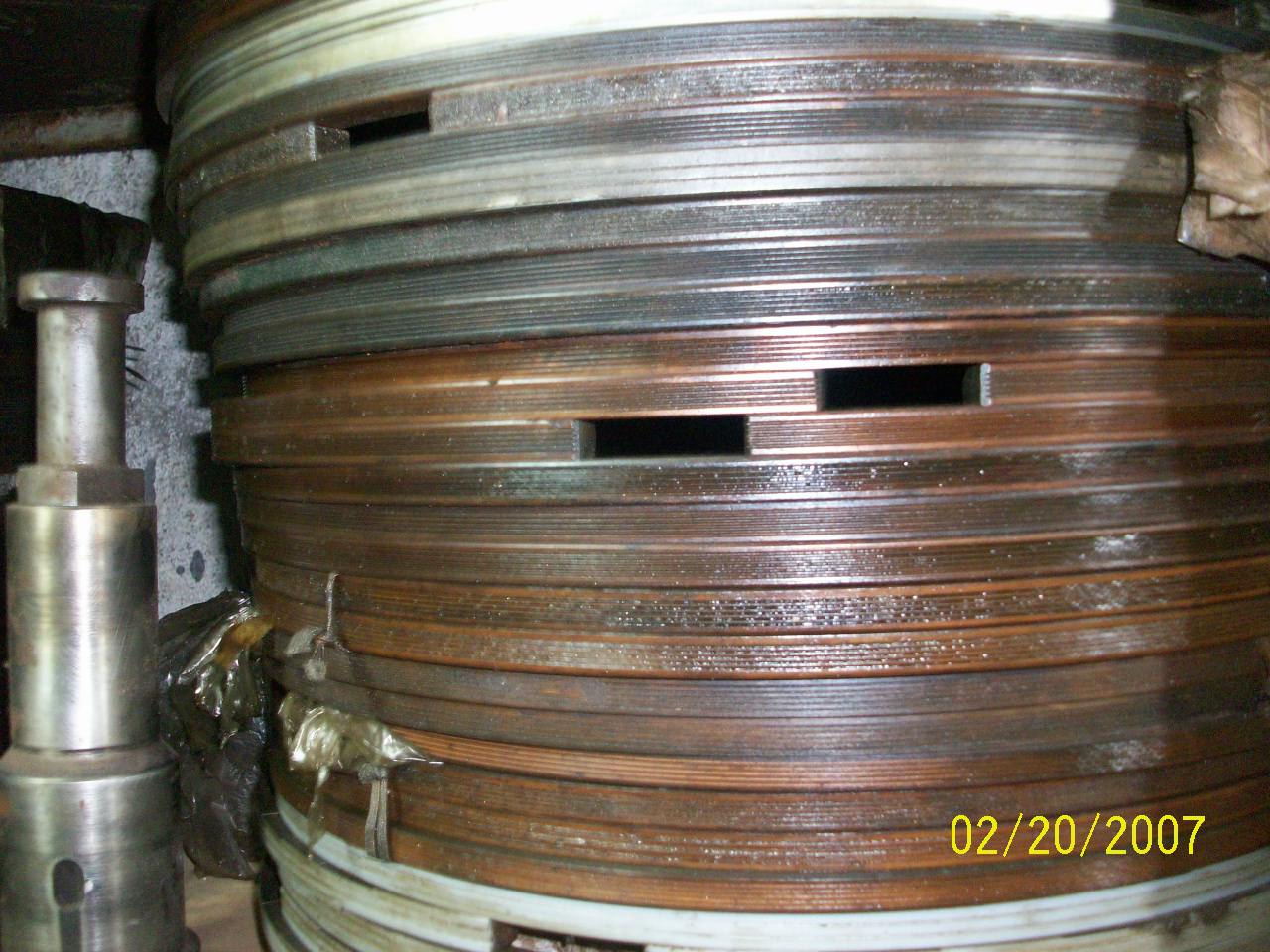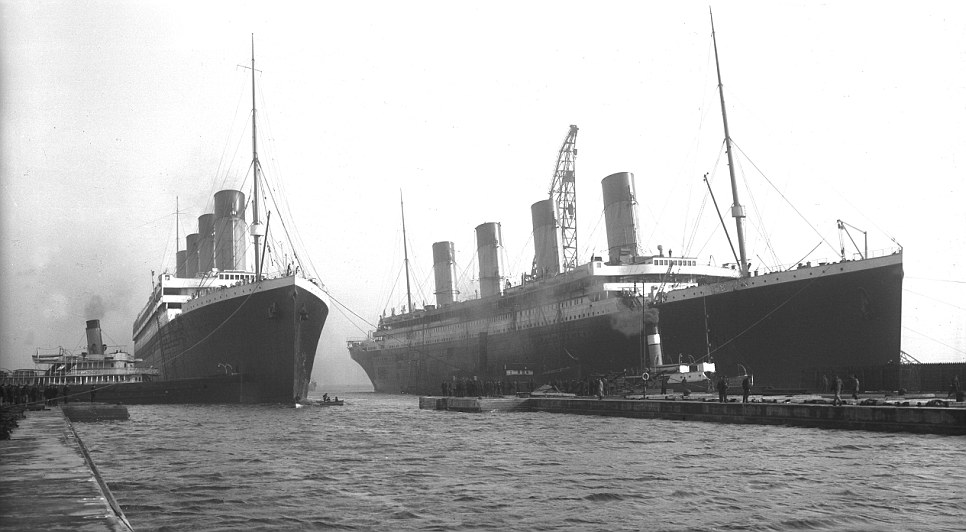
Over 95% of export and import relies on sea and the demand of more advanced ships are in need in the 21st century making the marine engineer the focus of attention, towards developing new vessels, components and training personnel to work on them. Unlike the old days when mechanical operation was the main job on the vessel, technology has changed things drastically with computer running most the show.
This may have solved the problem of manually operating systems aboard vessels but these automated navigation and propulsion systems require the best trained experts to use and maintain them. High running costs among other factors have seen development of these technologies to improve 21 century shipping. These new advances could only be made possible due to the marine engineer trained to be bold enough to make these developments on ships. Looking fifty years back few development were present on board ships, they had no communication besides the telegraph, safety precautions were poor and propulsion mechanisms were unreliable.
This has all changed with the new advances that marine engineers have made on board vessels. The internal combustion engine was one of the first innovations towards marine vessel development. The new engines of the time delivered more power and used less fuel compared to the external combustion engines like the steam engines previously used.
The next hurdle was navigation, one of the biggest concerns on vessel ever since the titanic tragedy. She had no early warning system and only relied on look out for impending dangers. Sound waves were intensely studied by a German physicist Heinrich Hertz in 1887. His documentation and experiments would later help with the development of radio communication and Radar during the Second World War. After the war his ingenuity would be used for safety and communication aboard passenger and cargo marine vessels of the time. Sonar and radar are still used on all vessels as a form of early detection of any impending danger that may be around the ship, it also helps locate or identify other vessels in the varsinity to avoid collision at sea.
Modern developments
The past decade has seen engineers make astounding developments on the marine vessel. Safety a major issue among all mariners has been researched upon and developments made, early detection and pinpoint accuracy to source of the fire has been improved by installing smoke and heat sensors that record and report to a central control room monitoring system which sets of an alarm and pinpoints the affected areas. This reduces precious time that can be spent extinguishing the blaze instead of finding it first.
Each and every part of modern vessels has seen some change that has helped improve its efficiency and quality. These changes can only be attributed to the best marine engineers who have dedicated their time to improving marine vessels and proving that their inventions are worthy to install aboard our vessel to improve their efficiency. With the increase in demand for ships in the future the marine engineer will be under pressure from manufacturers to deliver even better vessels.
Marine Engineer,








